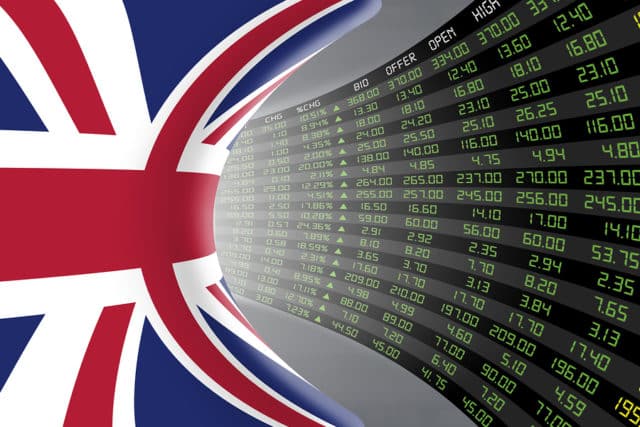Few events except war can have so much influence on the economy of a country, what was the decision of Britain to leave the EU, taken a year ago, says AP.
The decisive vote by June 23, 2016 has the potential to break the links Britain have with its main trade partner – an association devoted over four decades of ever-closer cohesion. From general subsidies for farmers to standards for consumer products and a ban on all kinds of restrictions on trade – Britain is deeply involved in the work of the EU.
After the vote the British economy managed to avoid the gloom of recession, as did many, including British Treasury and the International Monetary Fund (IMF). They did not materialize, and other expectations, such as instant collapse in housing prices.
Other predicted events, however, happened as the sharp depreciation of the British pound and the acceleration of inflation. And after the two-year process Brexit already begun, there are new signs of economic problems.
AP gives a brief overview of the state of the British economy year after the referendum.
The economy is growing, but poorly
The British economy shrank after the vote, as many warned. In fact, during much of the past period it grew faster than the economies of its European partners, largely due to the sharp depreciation of the British pound. The decline in the exchange rate by 15 per cent makes British exports cheaper, giving priority to growth.
But the economy is now weakening because of uncertainty about Brexit, and because the pound more expensive imports. The UK economy lags, increasing by only 0.2 percent in the first three months of the current year, the weakest growth among the G7. While UK stumbles hampered earlier continental economies such as France gained speed, which can eventually affect the dynamics of negotiations Brexit.
A recession there?
The fear is that those previously Brexit predicted collapse, may be made if Britain fails to provide a comprehensive trade deal with the EU. According to the rating agency Standard & Poor’s Britain has more to lose from an economic point of view, as exports to the EU more than any other country, calculated as a proportion of the economy. The risk is increased by the fact that the services sector, such as banking, is the source of much of this export. There is little likelihood, however, the services to be included directly in a trade agreement to maintain privileged access to the huge European market.
London at risk
The fate of London is uncertain given its central role in the European financial sector. When Britain leave the EU, the British financial services companies will lose their automatic right to work in all other 27 EU countries, which for them will be a big obstacle.
A recent study of ConsultHouse company EY found that London is losing its position as one of three European cities most attractive for business. The global status of the city, including its largest set of qualified professionals such as lawyers and accountants and the use of English will still help mitigate the impact.
Cost of living
Pound bear first and strongest blow of votes for Brexit, as the day after the referendum fell nearly 20 cents from the rate of around $1.50 before the vote. Since then, the rate dropped more than 31-year low, moderate before recovering to 1.27 dollars. Although the fall was not favorable for exporters, it imports more expensive as energy and food.
In the 12 months to May inflation accelerated to a four-year maximum of 2.9 per cent compared to the level of only around 0.3 percent votes. Appreciation was felt immediately by British tourists abroad. Now prices are already being felt in the UK, where retail sales spin, as rising wages failed to catch up with price hikes.
Recovery of stock exchanges
It may seem counterintuitive, but the main British stock index FTSE 100 actually set a series record after Brexit. This is partly due to the stimulation of exports after the depreciation of the pound. The FTSE 100, however, includes many international companies, which means that their profits in dollars and other currencies have greater value when they are transferred pounds.










